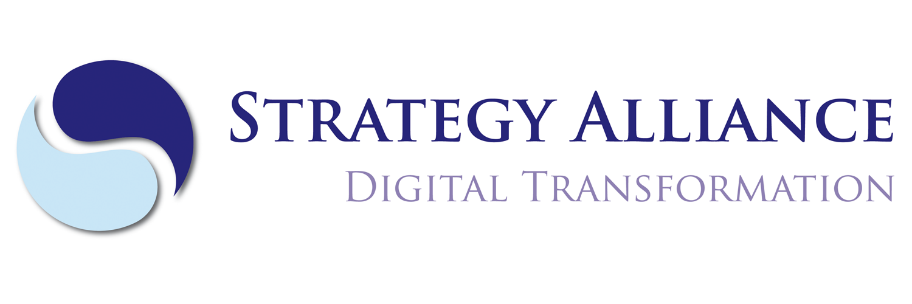Most organizations realize that data rules the world: in our work, we constantly handle data. A customer calls to ask about the delivery of products and services? We look at the customer details, his order history, and data about logistics. What if a high potential employee wants a raise in salary? We look at her track record, current salary, and the policy for granting such a request. Management wants to find out what a good balance would be between work from home and return to the office once the Covid19-pandemic fades. We analyze calendars and meeting patterns to come up with an answer.
Data can only live up to its potential if it is of sufficient quality. It must be fit for purpose. This implies that organizations must balance the effort they invest in getting a grip on (the quality of) data – often called data management defense – and creating value with data – often called data management offense. Those are the two sides of the data management coin.
A trend in the market is to start (big) data management programs. Typical topics that show up in these programs are: setting up governance structures and boards, appointing a chief data officer, training data owners and data stewards, implementing a data quality policy, implementing a metadata capability, modeling the data landscape etcetera. The list is almost endless. The question is:
We want to build/ improve our data management capability: where do we start?
This is a hard question! When voicing this question in the organization, it is not uncommon for eyebrows to be raised by staff. The question they ask is: are you really saying we haven’t done our jobs well, then? We’ve been handling data for years! This is a valid point. In my experience, organizations already have a lot of things in place and the best course of action is to strengthen/ formalize it in such a way that all the pieces of the puzzle fit together. This is where good practices come in.
At Strategy Alliance, we are big fans of open standards. In the realm of data/ data management, the one to look for is the DAMA DMBOK. DAMA is the DAta MAnagement Association. DMBOK is the Data Management Body of Knowledge and this is where good practices are collected and shared with the community. Not only is this the most comprehensive collection of good practices that we know of in the field of data management, it also standardizes terminology and gives an overall framework for building/ improving your data management capability. Professionals can also get certified (in the CDMP program) to show they are knowledgeable in this area.
One of my personal convictions is that the best way to make progress in a field such as data management is that we should bring together theory and practice and share stories. I have recently published my book Data management: a gentle introduction which gives a compact overview of the field as well as presents the best practices based on my experiences from the last years. The book also has many interviews with other scholars and practitioners, and presents real world examples to help you get started.
We believe that building/ improving your data management program is easier than it seems for the following reasons:
- You are doing it already: many people in your organization are focused on using quality data, but it’s probable they are not known or recognized.
- You probably have several components in place already. These provide a good steppingstone for further improvement.
- You don’t have to ‘boil the ocean’. Start small and keep improving continuously.
There are many good practices available that can help you on your data management journey.
This is, of course, not the whole story. In the next blog post, we will look at Why data management is harder than it seems. In the last post of the series, we will offer Tips to make a good start to improving the data management capability in your organization.
If you have any questions or would like to know more about our data management offering, please drop me a note.

